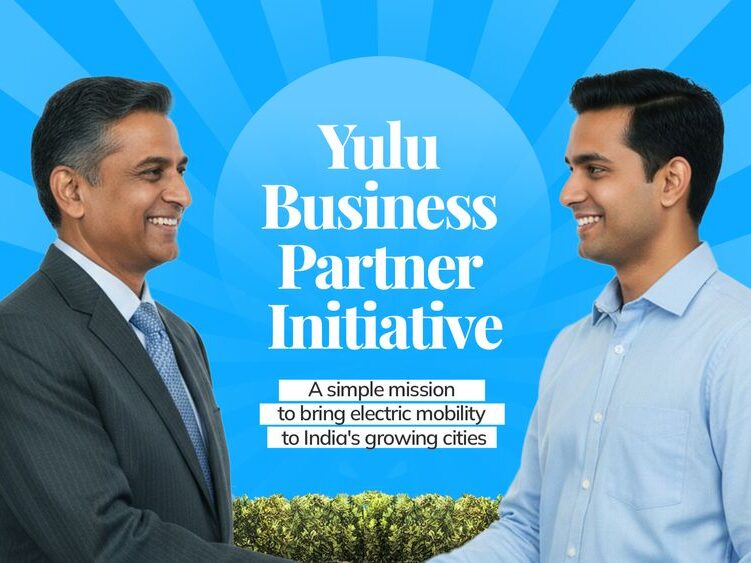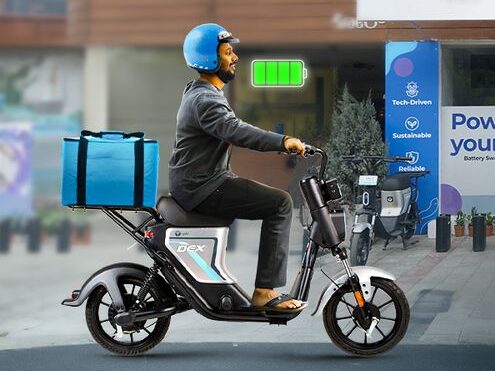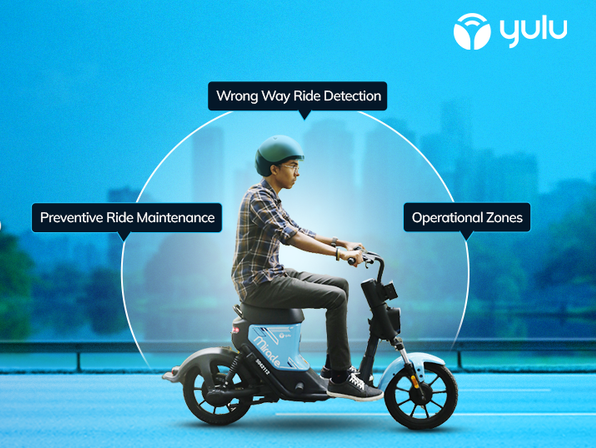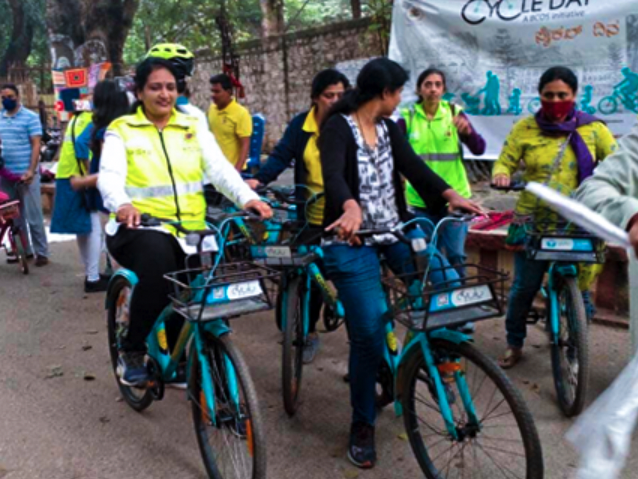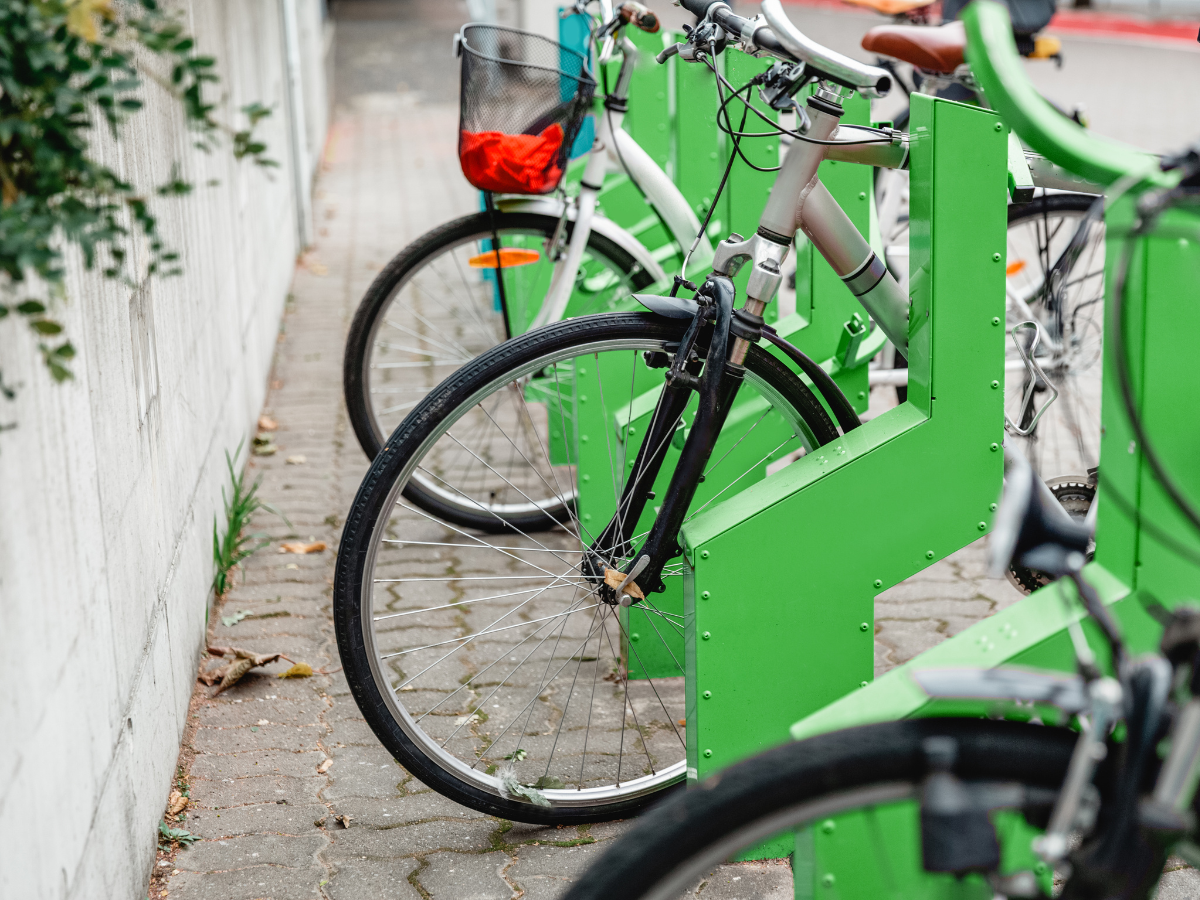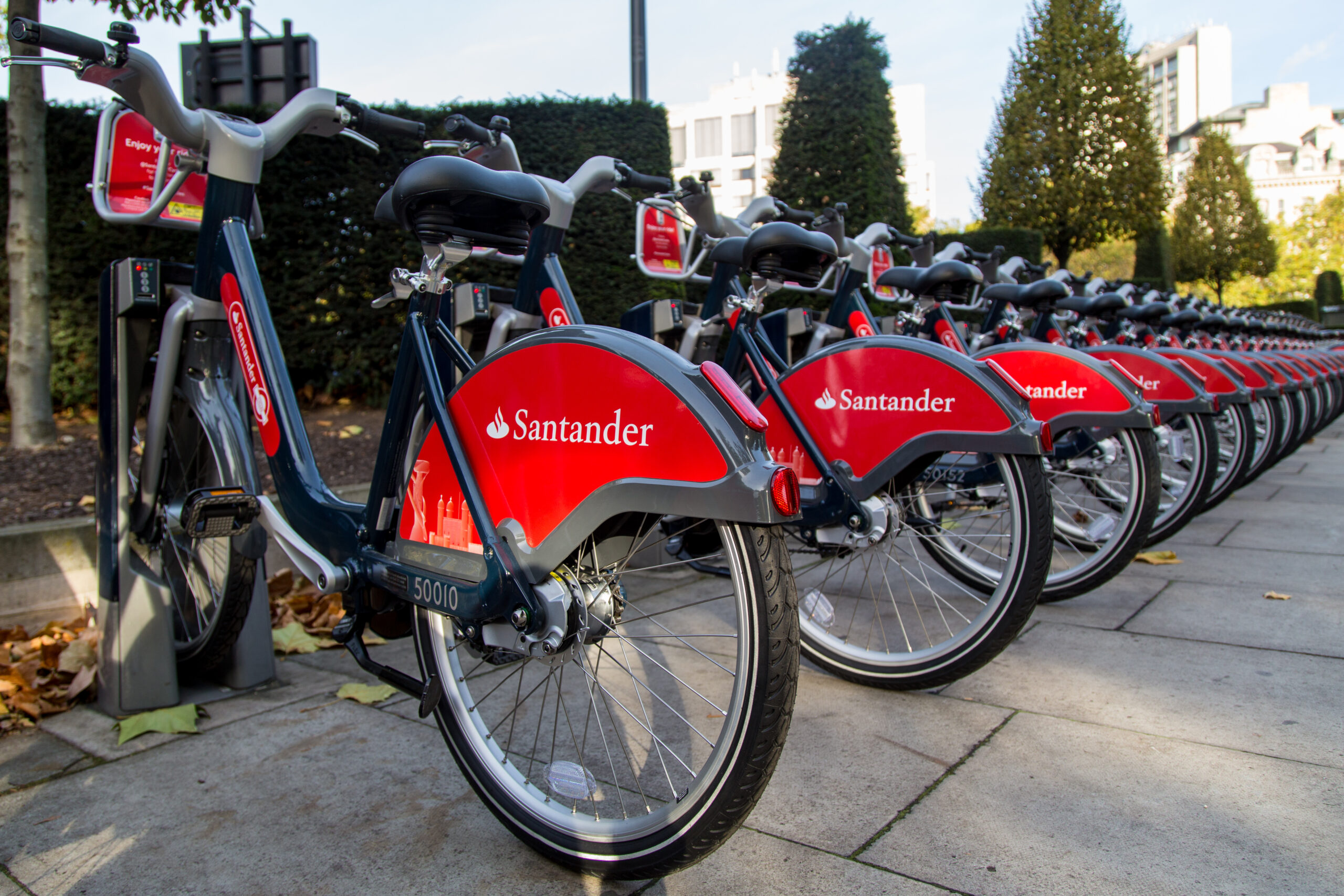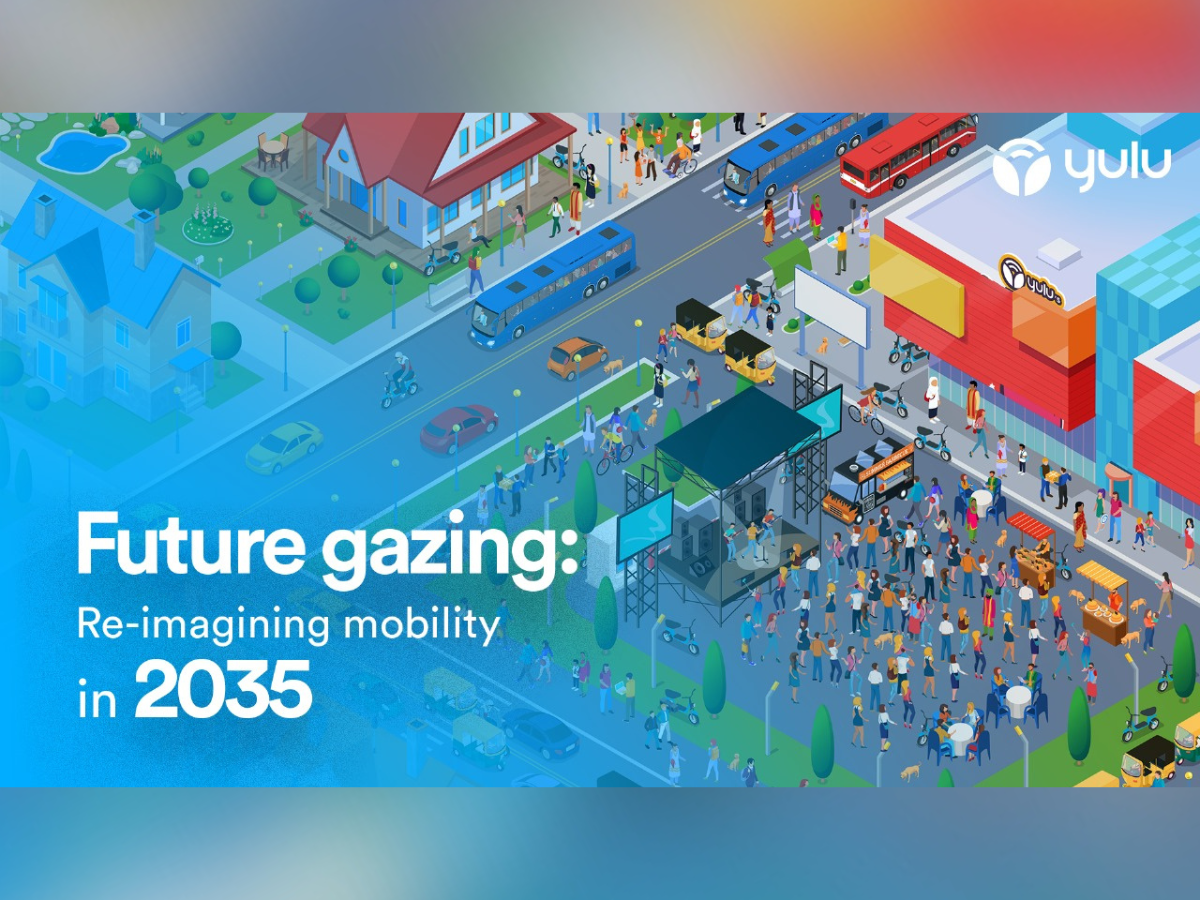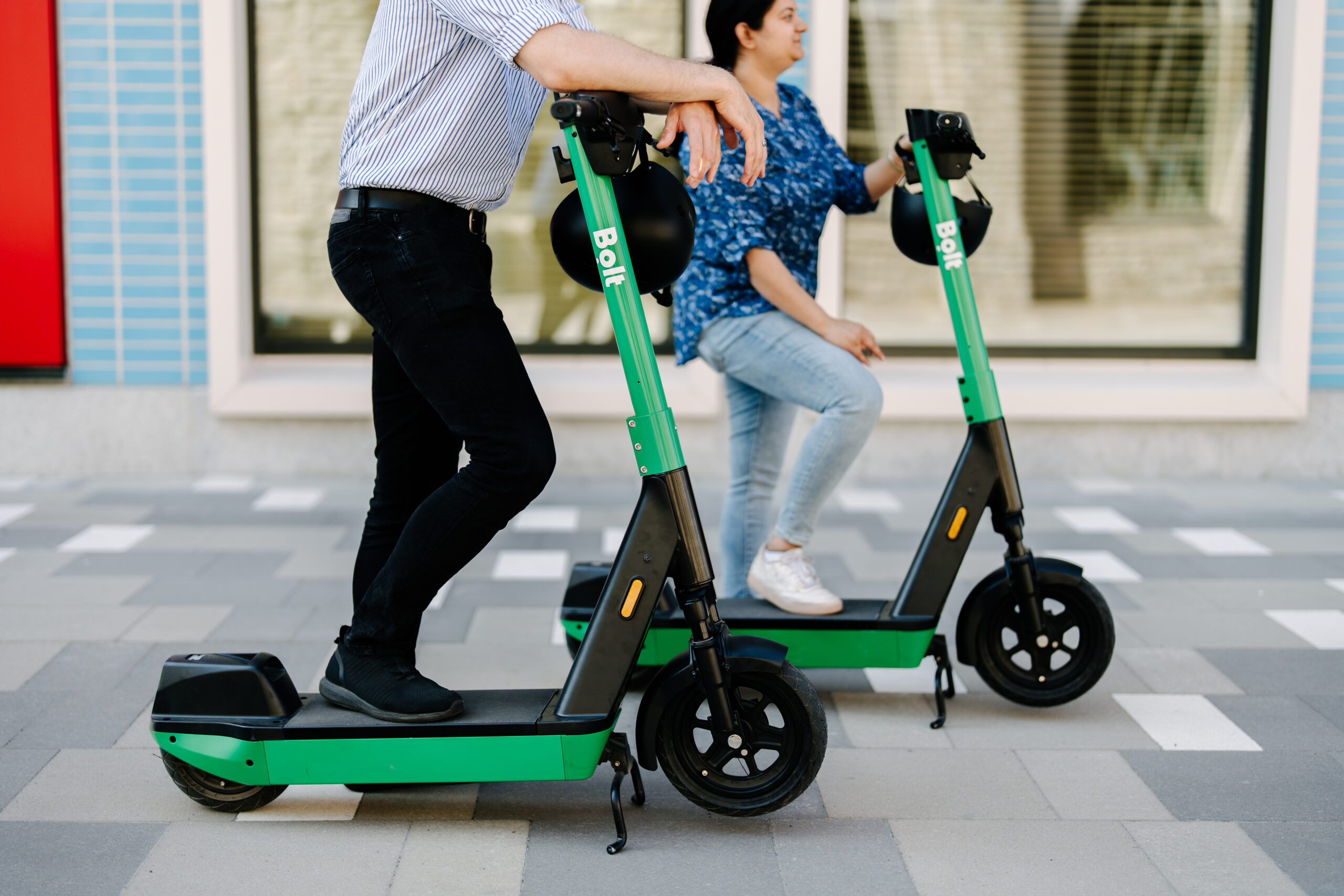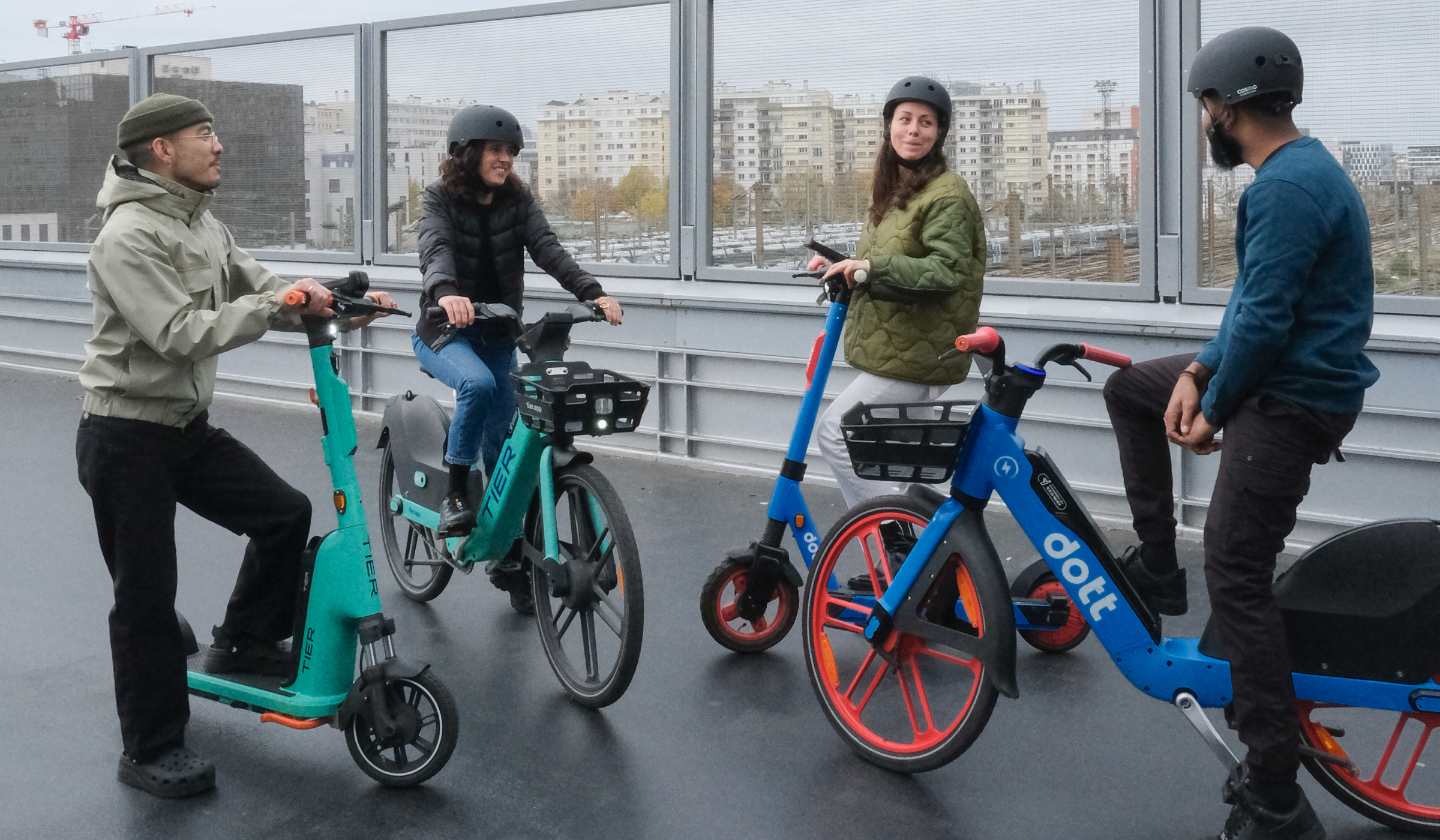What makes electric vehicles (EVs) smarter than internal combustion engine (ICE) vehicles?
It is not just the energy source, but also the integration of technology into the overall user experience. This includes things like using an app to unlock your vehicle, calculating the journey fare based on ride time, knowing your ride history in real time, or simply being able to pause your ride, leaving it for a short while, and then upon returning, locating your vehicle again through your app.
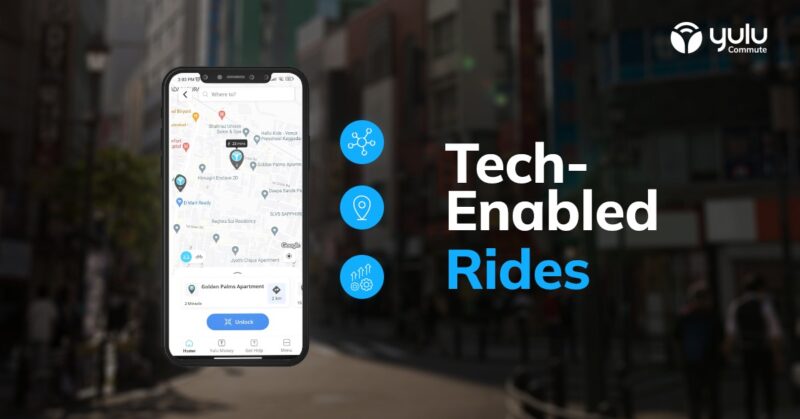
The growing popularity of rental e-bikes like Yulu is an indicator of the changing preferences of consumers. The increased adoption of rental 2-wheeler EVs like Yulu is led by a plethora of complex technologies, one of which is the Internet of Things (IoT).
So how exactly does IoT improve the EV user’s experience? Let’s delve into the details of this technology.
The Rise of E-bikes in Urban Mobility
E-bikes have surged in popularity due to the nuanced blend of advantages they hold in the urban ecosystem. From Asia’s bustling cities to Europe’s picturesque lanes, the e-bike trend is on an upward trajectory, thanks to its enticing blend of convenience, cost-effectiveness, and green credentials.
- Cost-effectiveness: E-bikes offer an eco-friendly alternative to traditional bikes, promising cheaper running costs and zero greenhouse gas emissions.
- Ease-of-use: With their easy-to-navigate features and flexibility, e-bikes resonate with urban dwellers from working professionals to delivery executives striving for efficient service.
- Environmental considerations: Riding e-bikes dramatically reduces carbon emissions compared to ICE vehicles, thus helping build future-ready sustainable cities.
The Role of IoT Technology in Powering the E-bike Revolution
The rapid rise of e-bikes can be largely credited to the underlying, state-of-the-art technologies involved, with IoT playing an instrumental role. As we delve deeper into the world of e-bike technology, let’s first understand what IoT is.
IoT connects devices over the internet and lets them communicate with each other, and with humans. Your devices can then use IoT to analyse and share data, detect patterns, and make decisions based on these data. Intelligent devices like room lights, smartwatches or thermostats are commonly found in many households today, but IoT is also already embedded in a lot of automobiles. From security to crash detection and geofencing, IoT has opened new avenues for developing the EVs of the future.
The potential of IoT technology is so much that the micro-mobility market using IoT is expected to reach upwards of $25 billion in terms of revenue by 2031, at a compound annual growth rate of over 17%.
Let’s have a look at some of the instances where Yulu has successfully built a tech stack for their small form-factor two-wheelers based on IoT technology.
Decoding E-bike Smart Systems
The role of IoT in e-bikes is akin to upgrading your bike with superpowers. It enhances performance, elevates user experience, and enables proactive maintenance.
How IoT Revolutionises E-Bike Performance and Usage
IoT in e-bikes is about enhancing connectivity, getting real-time vehicle data, and battery management. Let’s use Yulu, the urban mobility platform from India, as an example to get a better insight into the practical workings of IoT in e-bikes.
- Connectivity: IoT provides seamless connectivity between the e-bike and the user. Yulu users can conveniently unlock their ride using a QR code scanner via their app.
- Real-time tracking of vehicle location: The location of the e-bike can be tracked in real-time, providing users with the convenience of finding bikes nearby and ensuring demand-based optimal distribution of their e-bikes for companies like Yulu.
- Vehicle and battery health management: IoT enables real-time monitoring of vehicle and battery health and performance. The vehicles continuously relay data to Yulu’s and Yuma’s cloud servers regarding the state of the motor, battery, and other components. This enables the companies to undertake timely servicing, maintenance or replacement of the respective part.
- Understanding product use and improving performance: IoT data helps mobility platforms understand how people use their products. By analysing this data, Yulu is able to improve the performance and process of its bikes.
The Role of Cloud Computing and Machine Learning in Smart Systems
Cloud computing and machine learning together form the brains behind these smart systems. They analyse data from each connected device (in this case, e-bikes) to predict demand patterns, optimise resource allocation, and improve service quality.
Exploring the Tech behind Yulu’s IoT Implementation
Yulu’s implementation of IoT technology sets a benchmark for other players in this domain. Let’s delve deeper into how they’ve achieved this.
Yulu’s Approach to IoT
Yulu leverages IoT technology to streamline its operations significantly. By connecting its fleet of e-bikes with its central system via IoT, Yulu can monitor bike usage, location, battery health, and more in real time. This results in enhanced operational efficiency like improved service calls, proactive vehicle maintenance, and effective vehicle deployment.
Delving into Yuma’s Smart Batteries
Yuma’s batteries and charging systems are not just power sources; they’re also smart. Apart from powering the e-bikes, Yuma IoT-powered charging systems, smart batteries, and its artificial intelligence-based technology stack work together to ensure one-minute service time at Yuma’s battery swapping stations, as well as high uptime and reliability for users.
Fostering Sustainability with Smart Systems
The induction of IoT in e-bikes propels us towards a more sustainable future. By optimising resource usage and promoting efficient energy use, Yulu fosters environmental sustainability. Studies suggest that the implementation of sustainability into IoT aids in achieving environmental, social and governance goals to a great extent.
Steering the Future of Urban Mobility
From enhancing user experience to enabling proactive maintenance and fostering sustainability, IoT technology is revolutionising e-bikes and shaping the future of urban mobility. IoT technology is not merely an add-on feature; it’s steering the e-bike revolution. By enhancing functionality, ensuring user convenience, and promoting sustainability, IoT technology has the potential to redefine urban mobility.
As we navigate through this exciting era of the e-bike revolution powered by IoT technology, we can’t wait to witness even more remarkable innovations in this sphere!
This article was originally published by Yulu.






